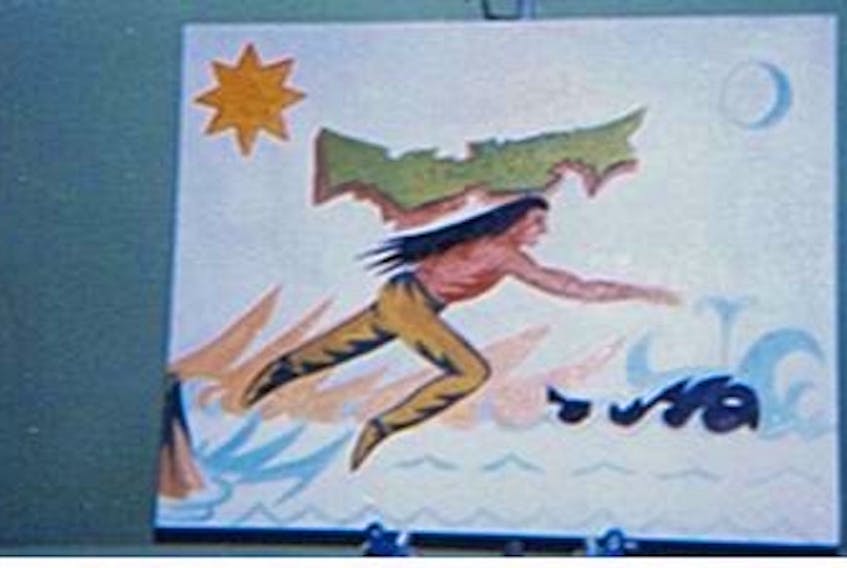BY JOHN JOE SARK
GUEST OPINION
Last week we heard a lot spoken in the Supreme Court of P.E.I. about the term "unceded Mi’kmaq Lands." Sometimes I wonder if the general public really knows what that means, since a majority of Prince Edward Islanders has not studied Mi’kmaq history in the P.E.I. public schools. Well, it simply means that Prince Edward Island was never surrendered to the French or the English Crowns by Treaty.
Before Canada came into being, P.E.I. was never purchased by the British Crown and no one else was entitled to purchase it. This was prohibited by Royal Instructions given to all British Governors in 1761. One year before that, on 7 March 1760, Colonel Frye wrote to the Governor of Nova Scotia reporting that all of the Mi’kmaq chiefs of Acadia had come in to sign treaties of peace with the Empire. Among the Mi’kmaq chiefs Colonel Frye met was Baptiste La Morue of Isle St. Jean, the French name for Prince Edward Island. La Morue was an ancestor of the Sark family.
British Governors were, in fact, instructed to punish any Englishman who settled on our lands without proper Crown authority and to submit all applications for land grants to London for Crown review. On 4 May 1762, Nova Scotia Governor Jonathan Belcher accordingly issued a proclamation warning settlers that they would be prosecuted with the utmost Rigour of the Law" for any trespasses on Mi'kmaq lands. Governor Belcher withdrew from any further settlement or molestation on the entire coast of the Maritimes from Musquodoboit Harbour (just east of Halifax), east around Cape Breton Island, and northwest to Chaleur Bay, including all of Prince Edward Island.
When the Royal Proclamation of 1763 was proclaimed, it reflected both the Royal Instructions to the Governors and the order given by Gov. Belcher. The Royal Proclamation of 1763, in part states: “We do, with the Advice of our Privy Council, strictly enjoin and require, that no private Person do presume to make any Purchase from the said Indians of any Lands reserved to the said Indians, within those parts of our Colonies where, We have thought proper to allow Settlement; but that, if at any Time any of the said Indians should be inclined to dispose of the said Lands, the same shall be purchased only for Us, in our Name, at some public Meeting or Assembly of the said Indians, to be held for the purpose by the Governor or Commander in Chief of our Colonys.”
It is quite obvious that Prince Edward Island was never surrendered just as it is obvious that the British never conquered the Mi’kmaq People. However, it is apparent that all of what is now called Prince Edward Island was later taken from the Mi'kmaq People - contrary to the Treaties, the Royal Instructions and orders given by Governor Belcher. The Treaties signed with the British Crown, which protected and protect our land were inherited by Canada when Canada repatriated the Constitution from Great Britain. Those treaties as well as the Royal Proclamation of 1763 are all now part of the Constitution of Canada, the highest law of the land.
Much now depends on respect for the rule of law - especially in relation to all the legal instruments set in place by the British Crown to protect our Mi’kmaq lands in P.E.I. They have been ignored by the both Colonial and Provincial Governments to this very day - but now must be respected and upheld if the law itself is to be respected.
- Keptin Dr. John Joe Sark LLD (Hon.), Mi’kmaq Grand Council for the District Of Epekwitk (P.E.I.).









